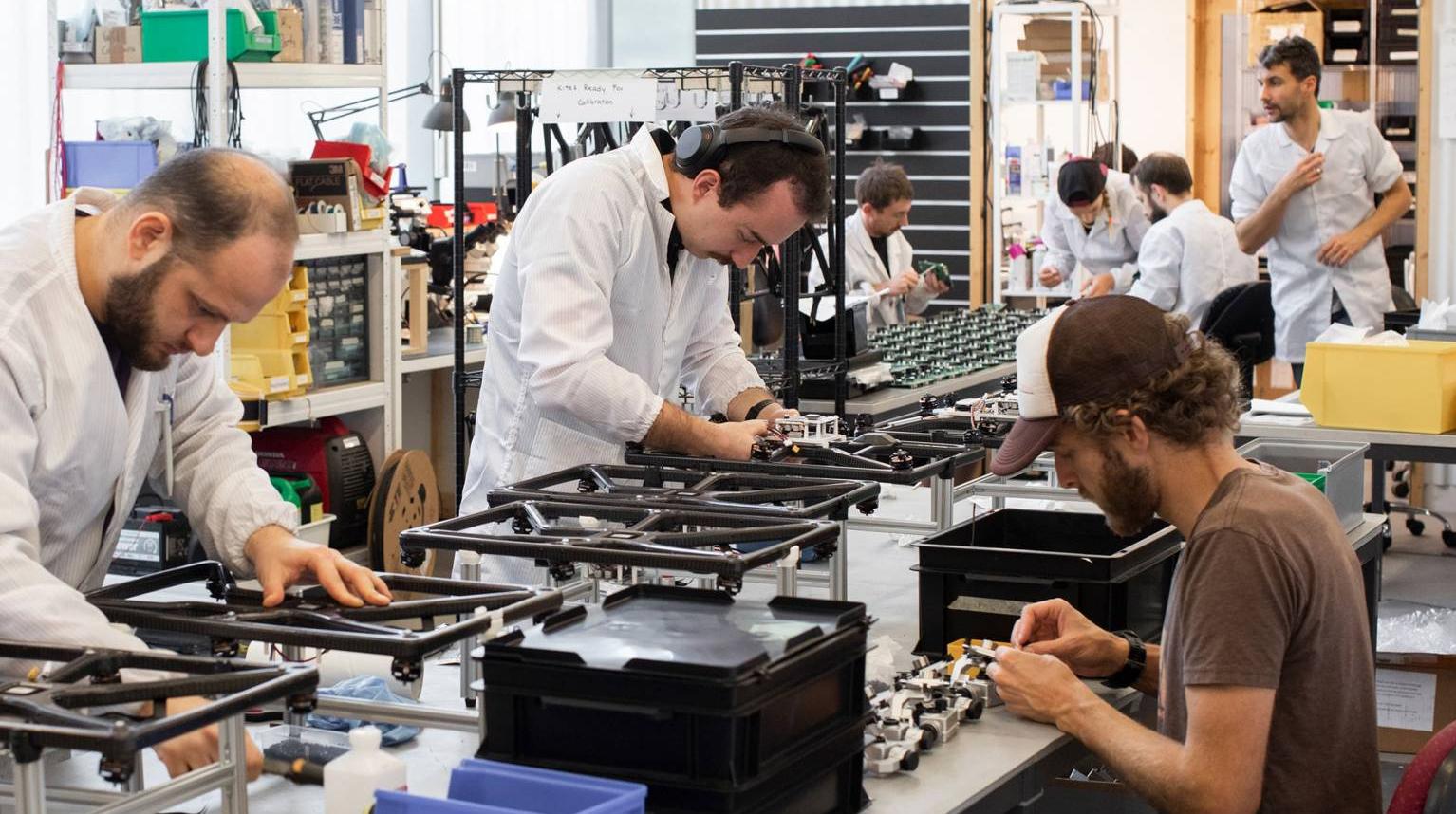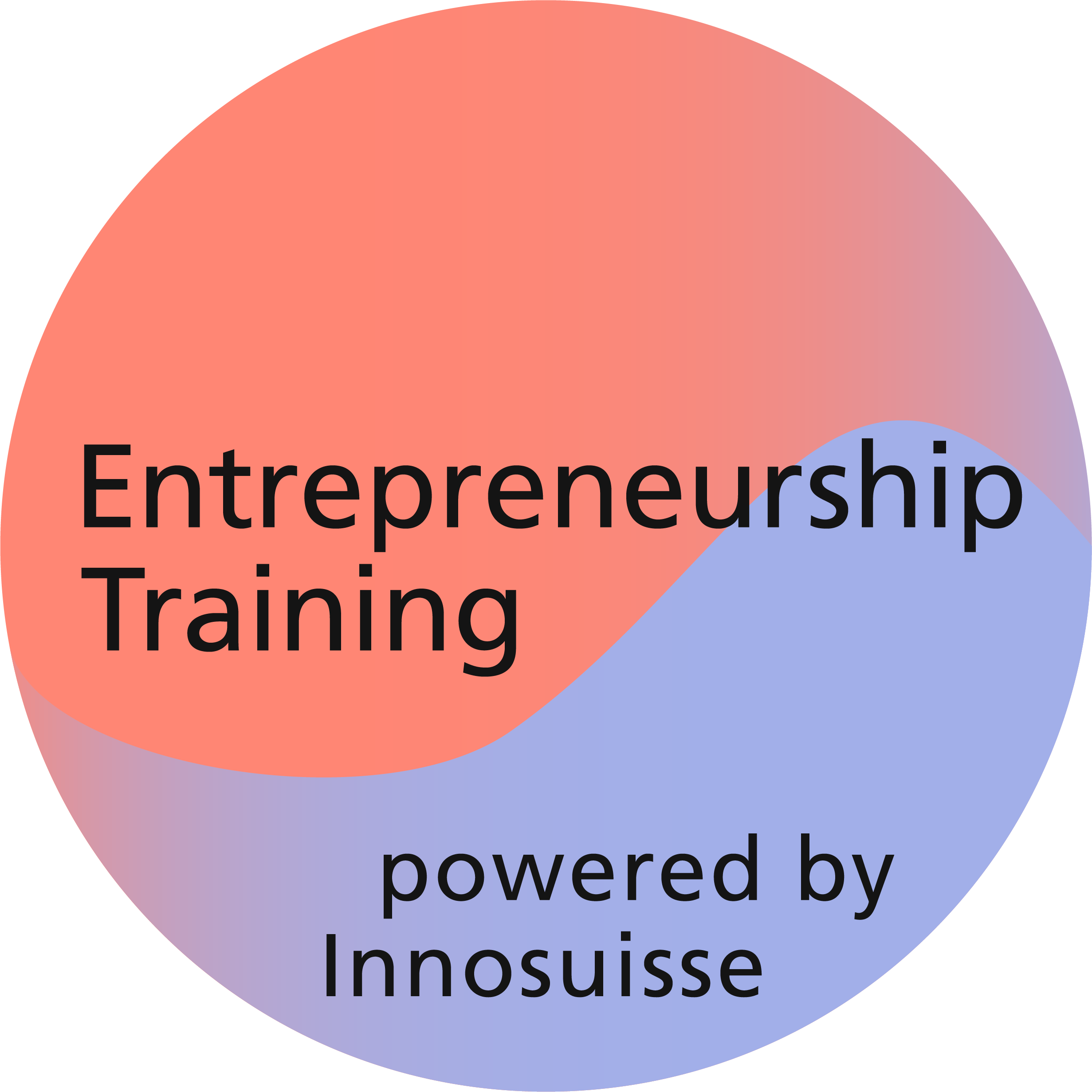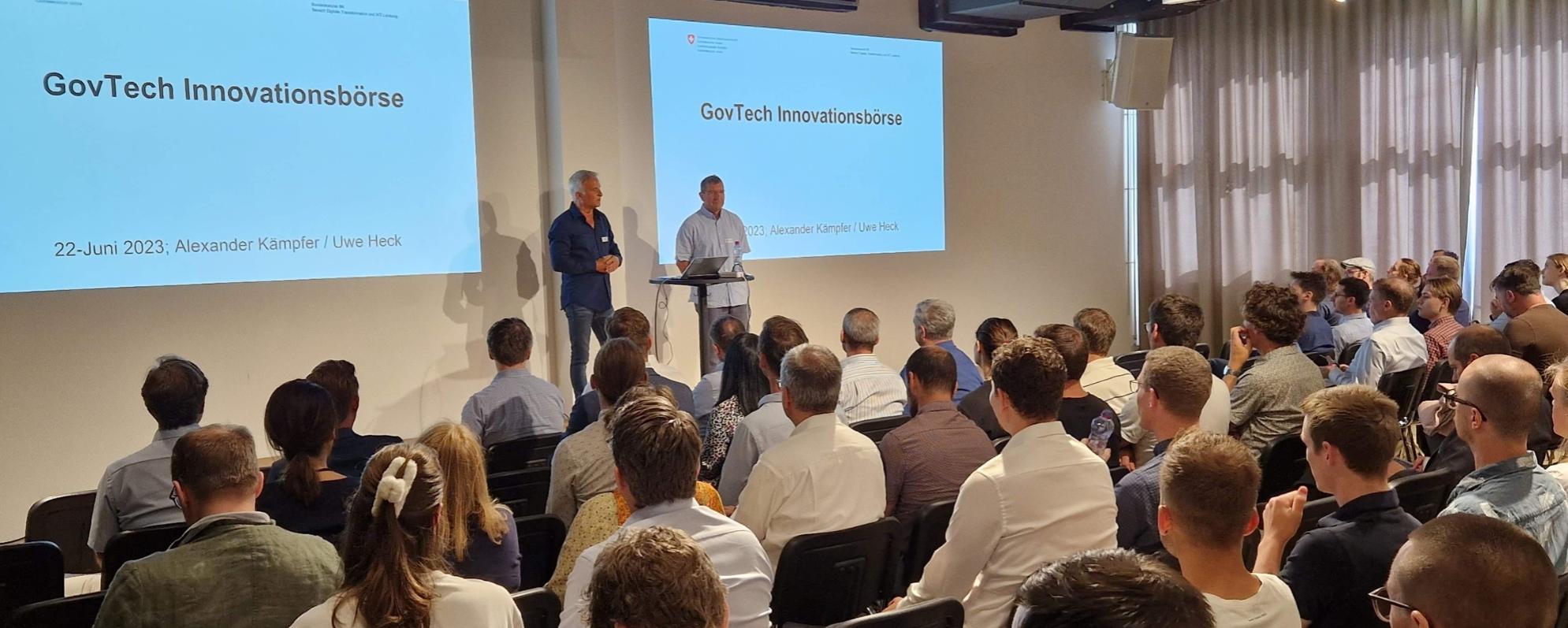An entrepreneur, an investor, and a lawyer participate in an interview series… What sounds like the setup for a joke is serious business: In a new series, we present three different perspectives on convertible loans, term sheets, and shareholders’ agreements so that you can gain new insights to negotiate with more confidence. We continue our segment on term sheets with Chris McCall, the CEO of Fotokite, a company that creates cutting-edge tools that assist public safety teams with elevated situational awareness.
After kicking off the segment on term sheets with a lawyer’s perspective—provided by Florian Gunz Niedermann, partner and co-head of the Startup Desk at Walder Wyss—we continue with some entrepreneurial insights from Chris McCall. The CEO of Fotokite took a break from empowering his team to help firefighters and public safety teams save lives and preserve property to share his expertise on term sheets. Fotokite was a TOP 100 Startup from 2017 to 2019 and a Venture Leader Technology in 2018.
Chris, do you follow a strategy when discussing the valuation of your next financing round?
This is a good question to start with because it’s also what plenty of startups ask about first too. My strategy is to approach valuation—and financing rounds as a whole—with a long-term perspective. Valuation is certainly an important aspect of your term sheet and the next financing round, but this doesn’t mean maximizing valuation against all other factors is the approach to take. Whom you choose to raise the funding from is more important from my experience, as this choice continues to be most influential in the overall deal terms, of which valuation is only a slice. For example, preferences and transfer restrictions will be balanced against valuation by any savvy investor. I’ve seen entrepreneurs optimize for pre-money valuations only to grant aggressive anti-dilution and liquidation preferences. If they haven’t grown into the optimistic valuation, which they pushed for, as quickly as planned, then these strategies can hurt those startups in the medium and long term.
So what I strive to do is build a relationship with whomever I am interested in raising capital with and target a valuation that provides a solid opportunity for new investment and a good growth story for your current shareholders. Have a business plan in hand, and be ready to walk through it thoroughly to discuss the valuation range you have in mind. Be open to feedback. With the right investors, valuation will become one of the balanced terms in the overall financing round because you are all looking at long-term success.
What do you consider a founder-friendly term sheet beyond valuation?
This largely depends on the stage of the startup, but some important terms at our stage include liquidation preference, transfer restrictions (such as any Right of First Refusal, Tag-Along rights, and Drag-Along obligation), and board representation. We benefit from a solid and engaged investor base, ranging from VCs to strategic investors, financial institutions, and private investors. This mix results in well-balanced term sheets, good operational freedom for the company to pursue our business plan, and strong strategic input in the boardroom.
What do you consider an investor-friendly term sheet not considering valuation?
Just like entrepreneurs, I believe investors are best served by a well-balanced term sheet that motivates the company to go and deliver on their business plan. In the case where startups look to maximize their pre-money valuation or founder-friendly terms, investor-friendly measures to balance those terms can be expected. This can take the form of downside protection like anti-dilution adjustments, more aggressive dividend and liquidation preferences, and long lock-up terms for the team. I’ve even seen strategic lead investors negotiate commercial goal-based equity warrants to compound an investor’s upside scenario.
What terms are a deal-breaker for you in a term sheet?
Conceptually speaking, I am very concerned if I ever see Rights of First Refusal or veto rights assigned to any individual. I believe that good financing rounds are built on motivating all parties and driving in a unified direction. So, instances where individual investors or founders look to carve out special rights specific to themselves raise a red flag and warrant deeper discussion.
What are some of the key things you learned during valuation negotiations?
You put yourself in the best position for financing-round negotiations, including valuation as a term, when you are able to put multiple term sheets side-by-side and work on them in parallel. Multiple term sheets give you multiple data points on where the market sits with respect to any particular commercial term. This approach, in turn, gives entrepreneurs a more solid foundation for negotiating the best possible term sheet. I highly recommend crafting a fundraising strategy and timeline around generating three or more term sheets to work from.
To learn more about different financing options and get the possibility to pitch in front of investors, sign up for the Innosuisse Start-up Training.
Related stories

Fotokite raises CHF 13.7 million to expand operations and appoints new executive team members
Fotokite [Perspective Robotics AG], a Swiss startup making fully autonomous tethered UAVs for firefighting and public safety teams, closed a CHF 13.7 million Se...

How to create better shareholders’ agreements—an entrepreneur’s perspective
An entrepreneur, an investor, and a lawyer participate in an interview series… What sounds like the setup for a joke is serious business: In a new series, we pr...

How to create better shareholders’ agreements—a lawyer’s perspective
An entrepreneur, an investor, and a lawyer participate in an interview series… What sounds like the setup for a joke is serious business: In a new series, we pr...

How to create better shareholders’ agreements—an investor’s perspective
An entrepreneur, an investor, and a lawyer participate in an interview series… What sounds like the setup for a joke is serious business: In a new series, we pr...

How to better prepare term sheets—an investor’s perspective
An entrepreneur, an investor, and a lawyer participate in an interview series… What sounds like the setup for a joke is serious business: In a new series, we pr...

How to better prepare term sheets—a lawyer’s perspective
An entrepreneur, an investor, and a lawyer participate in an interview series… What sounds like the setup for a joke is serious business: In a new series, we pr...

How to better negotiate convertible loans—an investor’s perspective
An entrepreneur, an investor, and a lawyer participate in an interview series… What sounds like the setup for a joke is serious business: In a new series, we pr...

How to better negotiate convertible loans—a lawyer’s perspective
An entrepreneur, an investor, and a lawyer participate in an interview series… What sounds like the setup for a joke is serious business: In a new series, we pr...

How to better negotiate convertible loans—an entrepreneur’s perspective
An entrepreneur, an investor, and a lawyer participate in an interview series… What sounds like the setup for a joke is serious business: In a new series, we pr...

Fotokite CEO Christopher McCall's career advice: 'Always drive for learning new things and pursuing subject matters that you find genuinely interesting'
Here to contribute to your series about Switzerland's most inspiring entrepreneurs is Fotokite CEO Christopher McCall. Fotokite creates cutting-edge tools that ...

